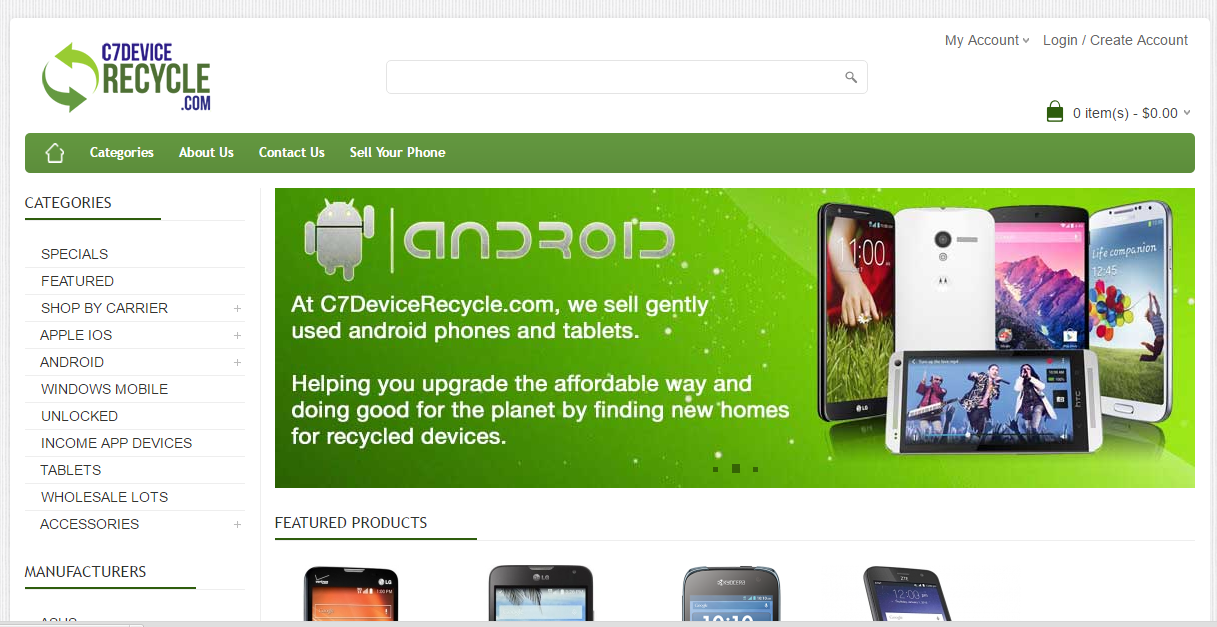It isn’t always easy to keep your business competitive. But here are 4 ways that can greatly help in today's cut-throat business world.
Whatever industry you’re in, there will almost certainly come a point when you need to make changes to your business plan to accommodate market shifts.
Regardless of your business type, financial situation or strength, if you aren’t constantly focused on your competitiveness in the marketplace, then you’re placing your business’s longevity at risk.
Because even if the orders are flooding in and your customer base is more loyal than a German Shepard; if you don’t have an eye on your long-term vision, then you’re playing a risky game.
Whether you make homemade jewelry or cutting-edge technology products, one thing for certain is that resting on your laurels is not an option.
Here are 4 ways to keep your business competitive and your rivals in the dust in today’s rapidly changing backdrop.
1. Attract New Clients
It’s very easy as an entrepreneur to get sucked into working hard, nose to the grindstone, forgetting to come up for air. Working hard and being an entrepreneur are so closely intertwined that you probably wonder from time to time if weren’t better off as a corporate slave.
The delicious difference, of course, in running your own business is that you’re the one powering the economic motor. You’re the driver behind the wheel and your decisions are the ones that your company lives or dies for.
But, there’s an age-old problem for small businesses. It’s a bit of a chicken and egg situation. You have too much work and so many orders that you’re up all night and working round the clock to meet their needs. In fact, you need to take on more people to help your company grow. So, why should you even think about attracting new clients?
Because if you get too close to the project and you’re constantly marketing to and working with the same client base then you’re failing to plan for the long term. You might argue that there will always be a need for gas, marker pens, or (insert product or service of your choice here) to which I would say don’t be so sure.
But even if your product will never expire, the life of your clients, unfortunately, will.
If you don’t want to become the next Eastman Kodak or Blockbuster, or wake up one day and find that your clothing accessories are being sold to an aging market while the new generation is busy buying elsewhere, you need to focus continually on attracting new clients.
2. Predict the Future
You don’t need a crystal ball to predict (or at least try to anticipate) the future, but it does require some thinking outside the box. Having long-term vision is hardly the biggest secret on the block. As far back as 1903, when Henry Ford launched the Ford Motor Company, this pioneer entrepreneur was taking advantage of his business foresight by already thinking years ahead of everyone else.
“If I had asked people what they wanted, they would have said faster horses.” Long term vision for your business is vital and in a lot of cases, you’ll need to innovate and figure out what trends in the market may come before they appear. According to Steve Jobs: “A lot of times, people don’t know what they want until you show it to them.”
If you can keep yourself informed, updated and ahead of the curve, then your business will be far better positioned to compete in a global marketplace.
3. Respond to Changing Markets
Jon Rush, founder of C7 Device Recycle knows a few things about market changes. After a fruitful 10-year career in the cell phone industry, Rush was informed that Sprint would not be renewing his contract.

Markets crash. Technology changes. And overnight a situation you thought would always be stable, can leave you stranded out on a ledge. Rush was left with no income or plan, and a large family to support. So what did he do? He began to think smart and respond to changing markets by consulting with former Sprint customers about ways to improve their wireless communications.
Within a few months, he’d gathered enough information to see a gap in the market for refurbishing old phones and founded his new business, C7 Device Recycle. From a bootstrap startup to generating close to half a million in revenue his first year, Rush isn’t looking back:
“When I realized that over 100 million devices change hands every year in the US alone, I realized not only is this a huge industry that can produce amazing cash flow but also an amazing recycling opportunity. Even old outdated phones can usually find a home with the right marketing.”
4. Be Open to New Opportunities
You might have started out your company for a single purpose, to fill a gap in the market for comfortable mattresses, high-powered handheld entertainment devices, or children’s toys. But that doesn’t mean that your business shouldn’t and can’t evolve to offer other products and services as well.
The most successful businesses are continually evolving to meet changing market demands and are, therefore, open to new opportunities. Sean Hopwood of Day Translations started his business with the idea of filling a gap in the market for language services. He started off by offering Spanish to English translations and interpreting services.

As the world becomes increasingly globalized and communications keep advancing, he’s been able to take advantage of new opportunities by offering services to suit international businesses’ needs, such as website localization and international SEO. The same applies to C7 Device Recycle. Originally started up as a knee-jerk reaction to a bit of a problem, Rush stepped out of the boundaries of wireless communications to take advantage of green recycling as well.
Related Article: Born to Sell: What Makes A Successful Sales Personality?
By being open to new opportunities and the idea of running a “green” business, not only is Rush finding an extra way to add value to his customers and incorporate social and environmental changes, but he’s also generating sizable cash flow from abandoned devices.
It isn’t always easy to keep your business competitive in a cut-throat world. But if your focus is continually on opening up new markets, adapting your product or service to meet changing tastes and being open to new opportunities, you’ll be less likely to be blindsided by sudden paradigm shifts, or overnight crashes; and more likely to run a successful business that thrives for generations.
